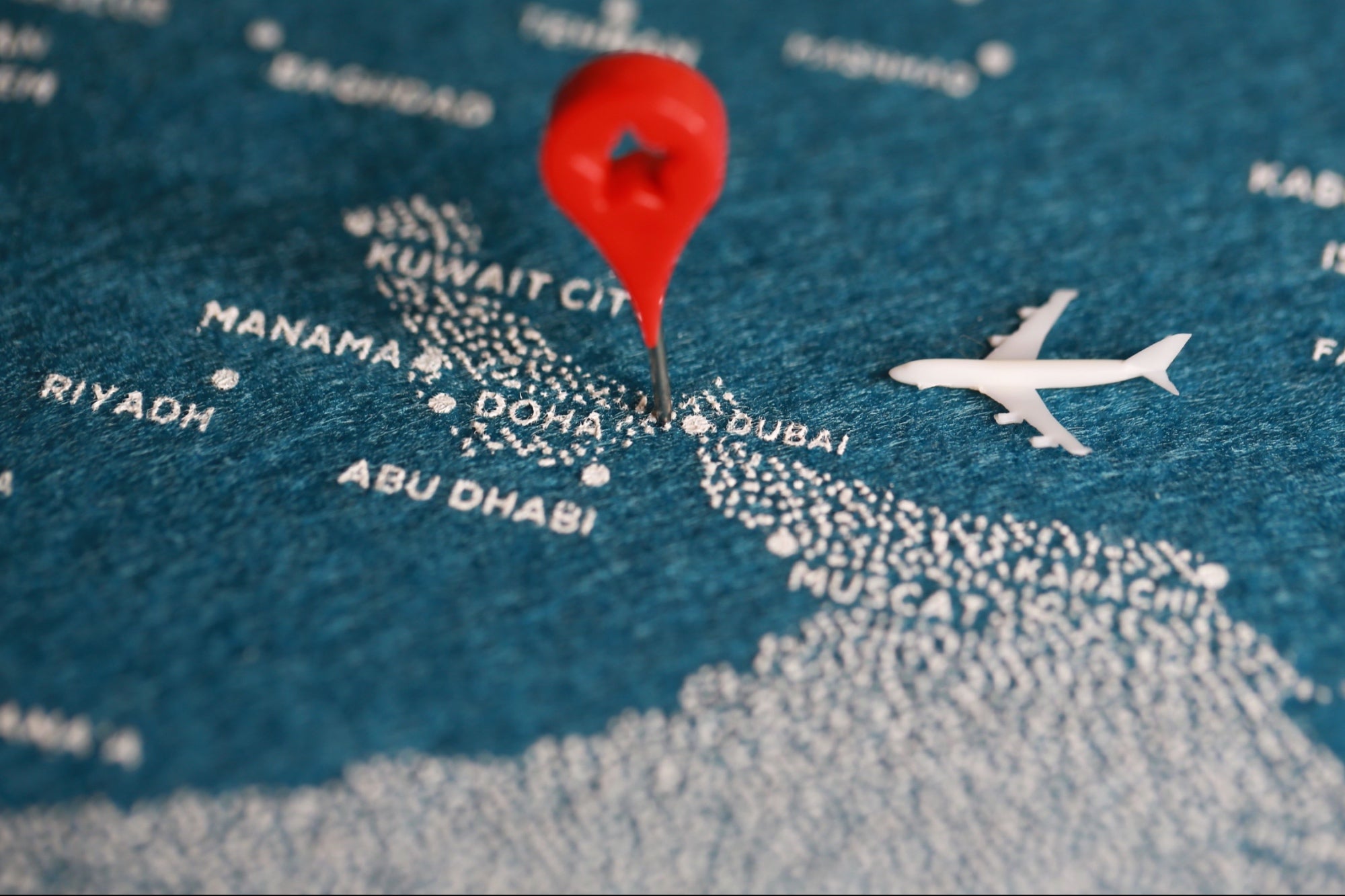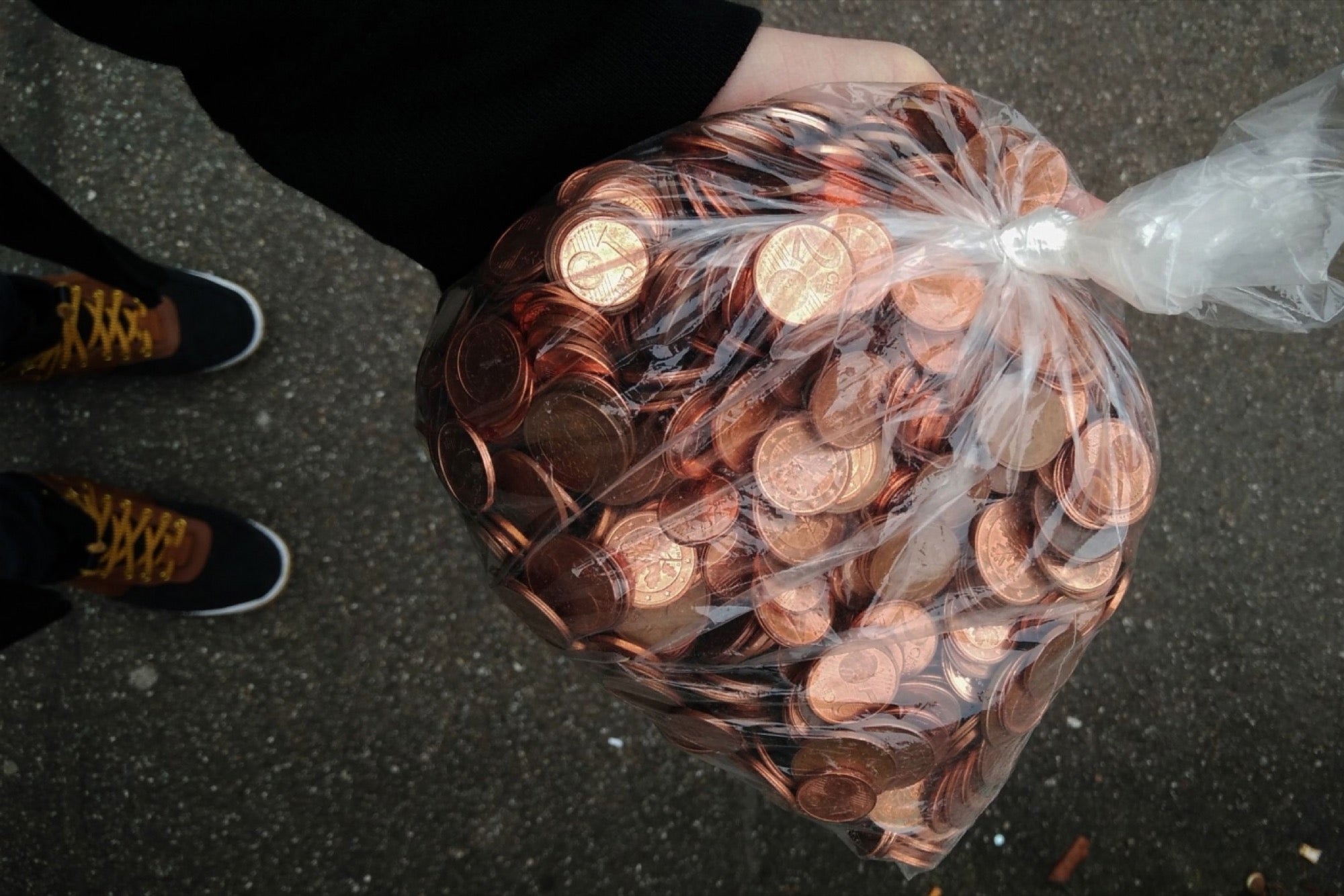From Dubai to Cannes, Saint-Tropez, and London: Lessons in Taking an Emirati Brand Global The appetite for Emirati creativity - through food, design, and hospitality - is growing. But success isn't just luck- it's the result of many small, thoughtful choices made early on, and the right people making them together.
Opinions expressed by Entrepreneur contributors are their own.
You're reading Entrepreneur Middle East, an international franchise of Entrepreneur Media.

I started Saddle fuelled by a deep passion for coffee, food, and the kind of warm hospitality that defines our Emirati culture. What began as a Dubai-based home-grown concept quickly grew into something more - an expression of my vision to deliver exceptional guest experiences, rooted in quality, craft, and care. With a background in business and finance, I saw an opportunity to combine thoughtful systems with genuine hospitality.
Today, Saddle has evolved from a local favourite into a global brand, with locations in cities like London, Cannes, Saint-Tropez, and Riyadh. Along the way, we've always made sure to stay true to our roots - offering curated experiences that make a lasting first impression.
This journey has taught me a few practical lessons about taking a concept beyond its borders - lessons I believe every entrepreneur should consider when building a brand with global ambition.
First, your product must be scalable without losing its soul.
It's one thing to create something exceptional in your home market, where customers understand the background, but bringing that experience to a new culture is another challenge entirely. For us, it came down to knowing what's non-negotiable: our core specialty coffee beans, carefully sourced from around the world. These core ingredients define the Saddle experience, and their quality is never compromised, no matter where we are.
At the same time, we allowed flexibility where it made sense - sourcing local eggs, cheese, and other fresh ingredients for our food menus. This not only helped us meet local regulations and supply standards, but also reinforced our commitment to high-quality, flavourful offerings that feel rooted in place. By holding firm to our essentials and adapting thoughtfully elsewhere, we've been able to expand to cities like London and Cannes while staying true to who we are.
Second, systems go hand in hand with charisma.
Every founder's early energy is contagious, but energy alone won't scale. When we moved from a single café to multiple locations and international openings, operational consistency became vital. We built simple, repeatable SOPs for food preparation, supplier onboarding, and customer service.
The aim was not to remove creativity and passion from the mix, but to give our teams guidelines so the brand promise could be delivered by anyone, anywhere. That meant investing early in staff training, clear recipe cards, and a small central team responsible for quality audits. The result: guests in Dubai and Cannes get the same reliable and memorable experience without the constant presence of the founding team.
Third, treat local partners as your most important market intelligence.
Expansion is as much about partnerships as it is about product. We collaborated with local suppliers, landlords, and hospitality operators who knew the customer, the regulations, and the logistics. Respecting their expertise saved us time and helped us avoid costly mistakes - from permits and customs issues to simple things like opening hour expectations and delivery windows.
In some markets, we adapted supply chains to include local producers, which improved freshness and resonated with customers who value locality and sustainability.
The most important ingredient: a strong, united team.
Behind every success story, no matter how small, is a team united by a shared goal. None of this would be possible without a group of people who are willing to go beyond their job descriptions, roll up their sleeves, and work side by side to bring Saddle's vision to life. We've built a culture of dependability and shared ownership, and that, more than anything else, has fuelled our ability to grow sustainably.
I'm proud to say that, with the full support of my team, we've reached key milestones - most notably, our first official franchise partnership with Emirates Leisure Retail (ELR). Through this collaboration, we've taken everything we've learned so far and are applying it to one of the busiest, most demanding environments: opening a Saddle location at Dubai International Airport (DXB). It's a proud moment for all of us, and a powerful example of what's possible when the right people come together behind a shared vision.
And the journey doesn't stop here. We've got more exciting news on the horizon, with further global expansions in the pipeline. The lessons we've learned through our early international openings have laid a strong foundation for what's next - and I couldn't be more excited about the direction we're headed.
If you're an entrepreneur thinking about taking your brand international, here are some actionable strategies that helped me build Saddle into a global brand:
- Define your identity
Write down the three non-negotiable things that define your brand - the heart of your offering that must never change. This is the anchor that preserves brand identity across markets. - Build flexible menus and operations
Design your menu and processes so some parts can be swapped in or out depending on market realities (ingredient availability, dietary norms, price expectations) without changing the essential customer promise. - Start small, learn fast
Trial with pop-ups or seasonal locations before committing to long leases. Our humble roots taught us to adapt quickly and learn with minimal sunk cost. - Prioritise people and training
Create a short, sharp training programme that captures your brand values and service standards. Invest in local managers; empathetic leadership scales better than imitated style. - Use partnerships for market entry, not shortcuts
Choose partners who complement your limitations (legal, logistics, local marketing) and treat them as advisors, not just vendors. - Set your prices with intention
Pricing is more than cost plus margin - it's a signal of positioning. Test pricing tiers and offer a consistent value perception relative to local competitors. - Respect local customs - then localise
You don't need to alter your identity to be accepted. Find thoughtful ways to adapt your story - translate signage accurately, honour local dining habits, and consider a few menu items that speak directly to local taste preferences. - Plan for currency and cashflow complexity
Multi-market cashflow requires different terms, taxation, and account structures. Keep finance simple at first and use local banking expertise to avoid surprises.
One reality worth noting: the world is more open than you might expect to a good story told honestly. The appetite for Emirati creativity - through food, design, and hospitality - is growing. But success isn't just luck- it's the result of many small, thoughtful choices made early on, and the right people making them together.












